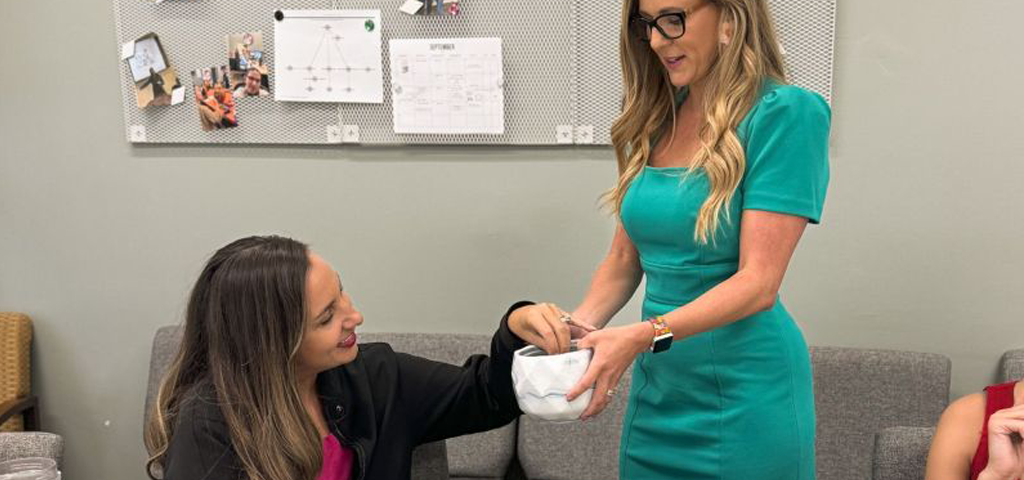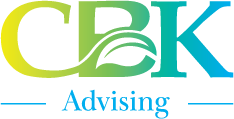“I yam what I yam” said Popeye the Sailor Man


In today’s workplace, success is not just about how well you know your job. It is about how well you know yourself and how you interact with others. Emotional Intelligence (EQ) is the glue that holds together relationships, teamwork, and effective communication. Among its pillars, self-awareness and social skills stand out as the foundations for professional growth. But rather than explaining it theoretically, let us dive into real-life stories that showcase how these skills shape workplace dynamics.
The Power of Self-Awareness: Sarah’s Story
Sarah, a project manager in a tech startup, used to pride herself on being decisive and assertive. She always believed her fast decision-making made her a strong leader. However, when her team consistently struggled with burnout and miscommunications, Sarah started to realize that something was not right.
One day, during a stressful product launch, Sarah noticed that her team seemed disengaged. Despite hitting the project deadlines, the atmosphere was tense, and people were avoiding eye contact during meetings. After a few complaints from team members, Sarah decided to have an honest conversation with her mentor.
Her mentor asked a simple yet profound question: “How do you think your emotions are affecting your team?” This question triggered a moment of self-reflection. Sarah realized that, during high-pressure situations, she became overly controlling and dismissed her team’s input. She projected her stress onto her team, which led to a cycle of frustration.
Armed with this new self-awareness, Sarah made a conscious effort to change her approach. In the next project, instead of pushing her agenda, she started each meeting by checking in with her team emotionally. She shared her own anxieties but reframed them positively, asking for feedback and collaboration. The change was immediate—her team responded with more energy, innovative ideas, and a renewed sense of ownership over their work.
Lesson:
Sarah’s story highlights how self-awareness can transform leadership. By understanding her emotional triggers and their impact on others, Sarah not only became a better leader but also cultivated a more positive, creative work environment.
“Failure isn’t fatal, but failure to change might be” – John Wooden
Social Skills in Action: Ben’s Story
Ben was a software developer who had recently been promoted to lead his team. He was excellent at his job, but when it came to managing people, things did not go as smoothly. Ben struggled with providing feedback, and when conflicts arose, he avoided addressing them directly. As a result, team tension increased, and productivity decreased.
One conflict nearly derailed a major project. Two team members, Emma and David, were clashing over how to implement a feature. Emma wanted a more conservative approach, while David pushed for innovation, and neither was willing to back down. The arguments spilled over into team meetings, making everyone uncomfortable.
Initially, Ben did not intervene, hoping the issue would resolve itself. But when their disagreements started delaying the project, he realized something had to change. Ben remembered a training session on emotional intelligence that emphasized the importance of social skills—especially when managing conflicts.
Instead of ignoring the problem, Ben called a meeting with Emma and David. He did not start by assigning blame but instead asked both of them to explain their perspectives. Ben actively listened, empathizing with each of their concerns. By creating a safe space where both felt heard, he was able to guide them toward a compromise. David and Emma eventually found a middle ground, incorporating both ideas into the final solution.
More importantly, Ben did not stop there. He continued to foster open communication in his team, regularly encouraging feedback and addressing small tensions before they grew into larger issues.
Lesson:
Ben’s story highlights how social skills, particularly conflict resolution and active listening, can strengthen team dynamics. By addressing the issue with empathy and communication, he turned a potentially disastrous situation into a win-win for the entire team.
Combining Self-Awareness and Social Skills: Maria’s Leadership Journey
Maria was a senior executive at a large corporation, overseeing multiple teams in different regions. Despite her position, she had always believed that her role was primarily strategic, focused on numbers, objectives, and deadlines. But something was missing—team turnover was high, and she struggled to connect with her employees, especially those from diverse cultural backgrounds.
During a leadership retreat, Maria participated in a session on emotional intelligence that emphasized the importance of self-awareness in managing relationships. The facilitator introduced the concept of cultural empathy—being aware of how cultural differences shape emotional expression and communication styles. Maria realized that her highly analytical, directive approach did not resonate with her international teams, who valued relationship-building and trust.
Determined to improve, Maria made significant changes. She began each of her one-on-one meetings with personal check-ins, asking about her team members’ lives outside of work. She also tried to learn more about their cultures and the diverse ways they expressed emotions.
In one instance, Maria had been working with Carlos, a talented team lead from a South American branch. Maria had previously struggled to get Carlos to communicate openly in meetings. Instead of assuming he was disengaged, Maria recognized that her direct communication style might have been the problem. She adjusted her approach, asking open-ended questions and providing more space for Carlos to express his concerns. Over time, Carlos became more engaged, and his team’s performance improved dramatically.
Lesson:
Maria’s story illustrates how combining *self-awareness* and social skills can bridge cultural gaps and improve team performance. By becoming aware of her own communication habits and adapting them to the needs of her diverse team, Maria fostered stronger, more trusting relationships.
How to Develop Self-Awareness and Social Skills
- Reflect on Emotional Triggers: Like Sarah, take time to reflect on situations that evoke strong emotions. Ask yourself what triggers these emotions and how they affect your interactions at work.
- Seek Feedback: Just as Ben learned, ask for feedback from colleagues and supervisors on your communication style and how you manage conflicts. Use this feedback to improve your emotional intelligence.
- Practice Active Listening: Make a habit of listening deeply during conversations. Whether it is a team meeting or a one-on-one, focus on understanding the other person’s emotions and perspectives, just like Maria did with her culturally diverse teams.
- Empathize and Adapt: Whether you are managing conflicts or leading teams, empathy is key. Try to understand how others feel and adapt your communication style to fit the situation.
Self-awareness and social skills are not just buzzwords—they are essential elements of emotional intelligence that can transform the workplace. As Sarah, Ben, and Maria’s stories show, these skills help us navigate the complex emotions and relationships that are an integral part of professional life.
By developing emotional intelligence, you can become a more effective leader, team member, and communicator. Whether it is recognizing your emotional triggers, resolving conflicts with empathy, or adapting to cultural differences, emotional intelligence will pave the way for a more positive, productive work environment.

